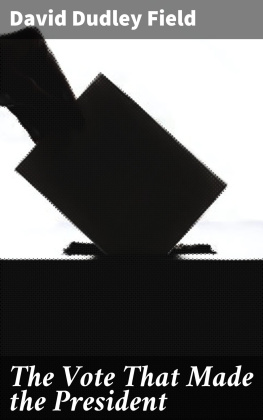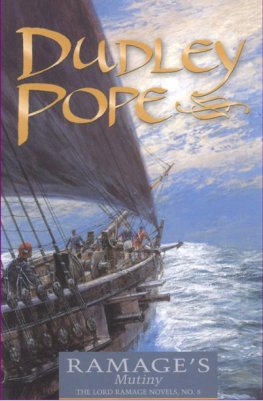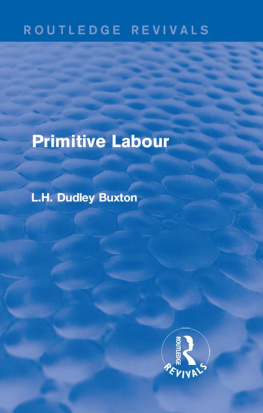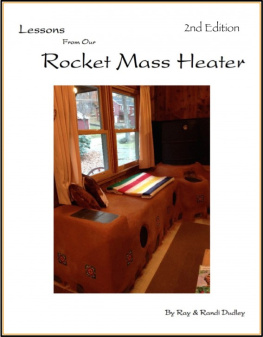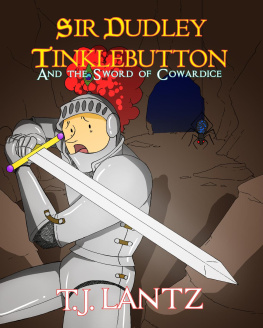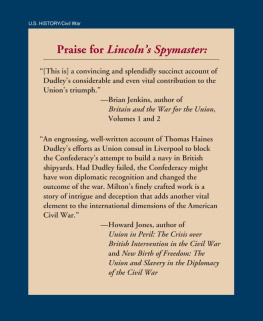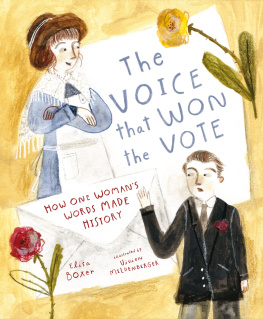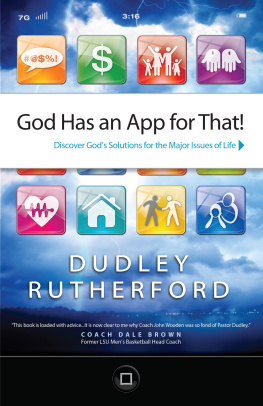THE VOTE THAT MADE THE PRESIDENT.
At ten minutes past four o'clock on the second morning of the present month (March, 1877), the President of the Senate of the United States, in the presence of the two Houses of Congress, made this announcement: "The whole number of the electors appointed to vote for President and Vice-President of the United States is 369, of which a majority is 185. The state of the vote for President of the United States, as delivered by the tellers, and as determined under the act of Congress, approved January 29, 1877, on this subject, is: for Rutherford B. Hayes, of Ohio, 185 votes; for Samuel J. Tilden, of New York, 184 votes;" and then, after mentioning the votes for Vice-President, he proceeded: "Wherefore I do declare, that Rutherford B. Hayes, of Ohio, having received a majority of the whole number of electoral votes, is duly elected President of the United States for four years, commencing on the fourth day of March, 1877."
Mr. Hayes was thus declared elected by a majority of one. If any vote counted for him had been counted on the other side, Mr. Tilden, instead of Mr. Hayes, would have had the 185 votes; if it had been rejected altogether, each would have had 184 votes, and the House of Representatives would immediately have elected Mr. Tilden. One vote, therefore, put Mr. Hayes into the presidential office.
To make up the 185 votes counted for him, 8 came from Louisiana and 4 from Florida. Whether they should have been thus counted is a question that affects the honor, the conscience, and the interests of the American people. There is not a person living in this country who has not a direct concern in a just answer. Not one will ever live in it whose respect for this generation will not depend in some degree upon that answer.
The 12 votes were not all alike. Some had one distinction, some another. But, not to distract attention by the discussion of several transactions instead of one, and because one in the present instance actually determined the result, I will confine my observations to a single vote. For this purpose let us take one of the votes from Louisiana, that, for instance, of Orlando H. Brewster.
Brewster was not appointed an elector, inasmuch as he did not receive a majority of the votes cast by the people of Louisiana, and inasmuch also as he could not have been appointed if he had received them all.
He did not receive a Majority of the Votes.
It would be a waste of time and patience to go through the testimony taken by the two Houses of Congress for their own information, before they consented to call in the advice of the Electoral Commission. The evidence of wrongs on both sides, and the irreconcilable contradictions of witnesses, made President Seelye and Mr. Pierce, of Massachusetts, declare it to be impossible for them to reach a satisfactory conclusion upon the facts, and compelled them to break away from their party, and refuse to abide by the advice of the Commission. There are certain things, however, which we know beyond dispute, or about which there is and can be no controversy, and these only will I mention. We know that the number of votes cast in Louisiana for the Tilden electors, taking the first name on the list as representing all, was 83,723, but that the certificate of the Returning Board put them at 70,508, turning Mr. Tilden's majority of more than 6,000 into a majority for Mr. Hayes; and we know that the reduction was made by throwing out more than 13,000 votes of legal voters voting legally for Mr. Tilden, and that more than 10,000 of these were thrown out upon the assumed authority of a statute of Louisiana, which in terms gave the board power to throw out votes, upon examination and deliberation, "whenever, from any poll or voting-place, there shall be received the statement of any supervisor of registration or commissioner of election, in form as required by section 26 of this act, on affidavit of three or more citizens, of any riot, tumult, acts of violence, intimidation, armed disturbance, bribery, or corrupt influences, which prevented, or tended to prevent, a fair, free, and peaceable vote of all qualified electors entitled to vote at such poll or voting-place."
Whether the statute itself has its warrant in the Constitution is a question not necessary now to be considered. For my part, I cannot see the authority for taking out of the ballot-boxes the ballots of lawful voters and throwing them away because other voters did not vote, whatever may have been the cause of their not voting, whether they were frightened, foolish, or perverse. I cannot for the life of me perceive that the State can be held to have elected persons whom it did not in fact elect, because it is conjectured, or even made probable, that if voters who kept away from the polls had in fact attended and voted, they would have made a majority for these persons.
Without going into that question, however, and assuming for the sake of the argument that the statute had all the authority of the most clearly valid statute that was ever passed, it is certain that the only ground upon which a vote could have been thrown out, for intimidation or other corrupt influence, was the statement of a supervisor of registration or commissioner of election, founded upon the affidavits of three citizens. When, however, the vote of Louisiana was before the Electoral Commission, the following offer was made by counsel:
"We offer to prove that the statements and affidavits purporting to have been made and forwarded to said Returning Board in pursuance of the provisions of section 26, of the election law of 1872, alleging riot, tumult, intimidation, and violence, at or near certain polls, and in certain parishes, were falsely fabricated and forged by certain disreputable persons under the direction, and with the knowledge, of said Returning Board, and that said Returning Board, knowing said statements and affidavits to be false and forged, and that none of the said statements or affidavits were made in the manner or form or within the time required by law, did knowingly, willfully, and fraudulently, fail and refuse to canvass or compile more than 10,000 votes lawfully cast, as is shown by the statements of votes of the Commissioners of Election."
This offer the Commission rejected by a vote of 8 to 7.
In the Commission Mr. Abbott moved the following:
"Resolved, That testimony tending to show that the so-called Returning Board of Louisiana had no jurisdiction to canvass the votes for electors of President and Vice-President is admissible."
This was rejected by the same vote.
In explaining the reason of their decision in the case, the Commission used the following language:
"And the Commission has, by a majority of votes, decided, and does hereby decide, that it is not competent, under the Constitution and the law as it existed at the date of the passage of said act, to go into evidence aliunde, the papers opened by the President of the Senate, in the presence of the two Houses, to prove that other persons than those regularly certified to by the Governor of the State of Louisiana, on and according to the determination and declaration of their appointment by the returning officers for elections in the said State prior to the time required for the performance of their duties, had been appointed electors, or by counter-proof to show that they had not; or that the determination of the said returning officers was not in accordance with the truth and the fact, the Commission, by a majority of votes, being of opinion that it is not within the jurisdiction of the two Houses of Congress, assembled to count the votes for President and Vice-President, to enter upon a trial of such questions."

